Photographs: Emilian Robert Vicol/Public Domain Photos/Creative Commons Shameem Akthar
The stealthy impact of water intoxication
As a yoga teacher, a big hassle is trying to convince practitioners that it is not on to keep drinking water during an intense session. Many trainers at gyms have been taught that it is important to tell practitioners to keep drinking humungous amounts of water during sessions to replenish water lost through sweat.
But drinking too much water within a short span of time, it is now known, can be outright dangerous.
Perhaps it is important to drink some fluid to rehydrate. But how much may be a question that may be relevant. A lot of this may depend on how your blood pressure fluctuates, and how your body deals with blood sugar dips.
Other factors include how well you have hydrated before the workout (instead of during the workout), how efficient your kidneys are, and of course, external stressors (like a hot or humid day).
To follow a rule blindly, instead of totally understanding could be not just a big mistake, but a dangerous one. There are certain conditions that create what is called water intoxication (hyponatremia) when the fluid taken in is more than what the body can handle.
Shameem Akthar, yogacharya trained with the international Sivananda Yoga Vedanta Center, talks of instances when you have to watch out against drinking too much water.
Why you should NOT drink too much water
Photographs: Paresh Gandhi/Rediff.com Shameem Akthar
During yoga
It is absolutely not required to drink water during a yoga session and perhaps may also be undesirable simply because it would interfere with your inversions (poses where your body is inverted, against gravity, as in the headstand, shoulderstand etc).
There is a simple logic to this: when your body is upside down, having water in the stomach will push it down, back into the gullet. This could be dangerous, obviously, since the passage to the lungs are along the way.
Also the oesophageal sphincters will become progressively loose and flaccid over a period of time if you are habituated to doing yoga with anything in the stomach, including water. The backward pressure on the sphincters from the water would in any case cause acid reflux almost immediately.
In the long run, it will lead to problems of the gullet, including chronic acid reflux, amongst others. Therefore, here, drinking water during a yoga practice can be more than a casual mistake. It could cause problems that could last you a lifetime.
Also, if there is anything in the stomach, the classical lock (bandha) at the stomach (uddhiyana bandha)would be impossible to hold during breathing practice, as well as during asana (pose) practice.
Equally difficult would be breath retention.
Why you should NOT drink too much water
Photographs: Anders/Creative Commons Shameem Akthar
During intense physical activity
Now regular marathoners are already aware of the risk of drinking too much during a run. Nevertheless, it is also noted that water intoxication can be a common and dangerous (even fatal) problem spotted amongst runners who drink too much water.
When there is too much water it can tilt the balance of electrolytes in the blood. The kidneys are unable to handle the load. There will be less sodium, with the water diluting it. Cells can swell up.
This can lead to confusion, dizziness, disorientation, cause fainting, or even a seizure in extreme cases. The heart and the brain are in serious trouble.
That is why properly trained marathoners know that it is better to just sip water, maybe roll some water in the mouth, even spit it out, and doing it every time there is a break instead of desperately gulping mouthfuls of water.
They are also advised to start hydrating (by eating moisture-holding foods, drinking fluids) a week before the marathon. This keeps their muscles in the right condition. It would be absolutely foolhardy to seek to hydrate only on the day of the run, or during the run itself.
Why you should NOT drink too much water
Photographs: Rajesh Karkera/Rediff.com Shameem Akthar
When sick
Those who have suffered serious bouts of vomiting or loose motions are often told the drink up a lot of fluids. While that is wise, drinking too much water can cause a serious electrolyte imbalance.
It is distressing to see even today, people who have suffered excessive dehydration do not know the difference between drinking healthy fluids (such as the simple, inexpensive satchets of electrolyte powder mixes available over the counter at medical shops) and plain water.
Plain water can cause headaches, dizziness and enhance the sense of extreme weakness and tiredness. Stomach cramps are also noticed, desperately adding to the signals that all is not well with you.
In most cases the electrolyte packets may work well. However, it is ideal not to self-prescribe, because these are not advised in certain cases: when pregnant, for small children, the elderly.
Asking the advice of your medical expert as to which of the available satchets or brands may be ideal for your condition would ensure that you do not aggravate existing symptoms.
Why you should NOT drink too much water
Photographs: Rediff Archives Shameem Akthar
Other instances
During excessive heat, when people seek to cool down or believe they are replacing the fluid lost due to sweating and drink too much water, it can lead to water intoxication. Always drinking of water must be phased so that hydration is managed by the body. When you drink too much water in too short a time, the salt levels in the blood drops so the body must draw the salt from other areas, causing cells to swell up.
This can happen in the brain, leading to confusion or even seizures. When having too much diuretics (from prescription medicines for certain conditions or even from drinks with diuretics; coffee and tea are also diuretic and are so certain soft drinks with caffeine content).
In such conditions, often the person possibly is not even aware of the connection, which can make detection of water intoxication rather difficult.

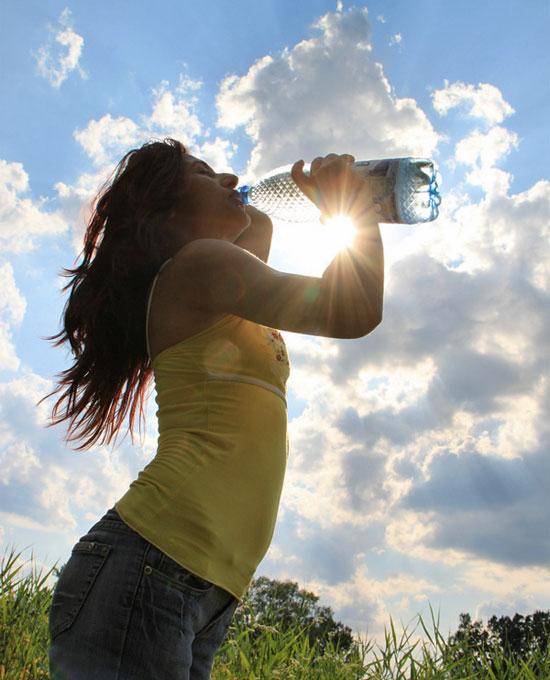
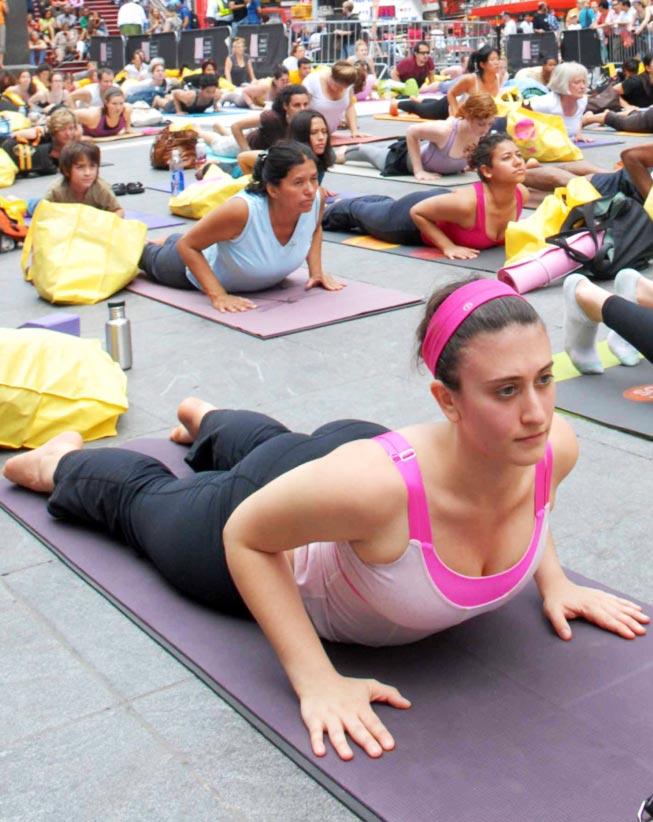
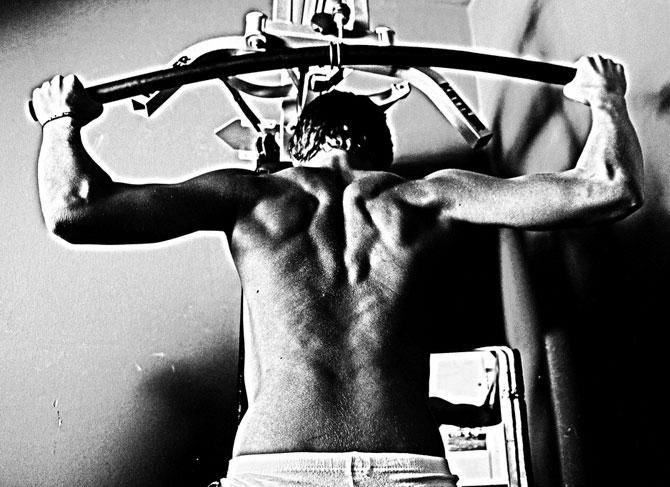
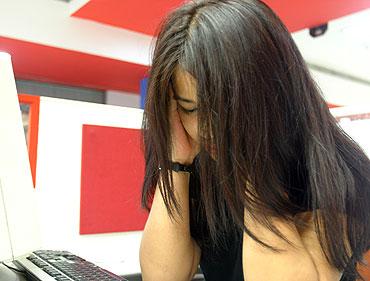
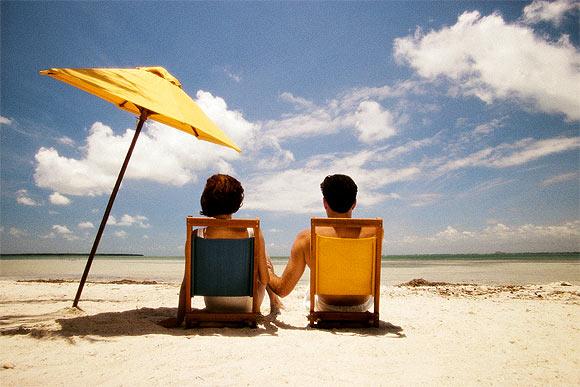
Comment
article